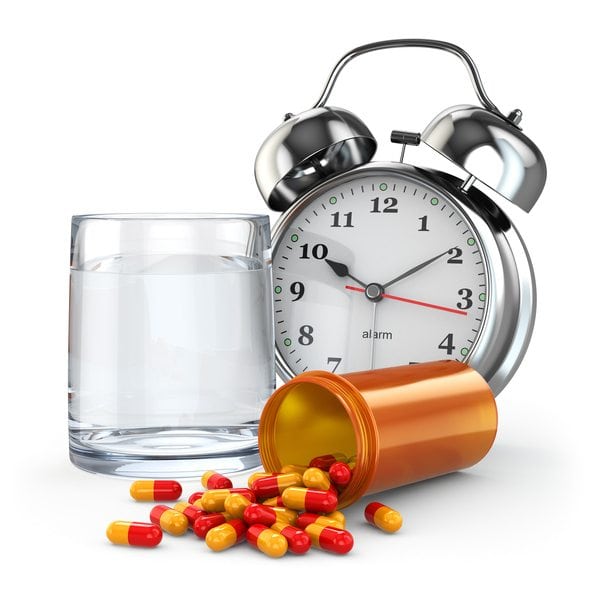Are you getting enough sleep at night? Are sleep medications effective? And, what is in your medicine cabinet? Dr. Sean Jeffery, Doctor of Pharmacy at Hartford HealthCare, breaks it down:
Q. There are some new sleep recommendations just released by the national sleep foundation that are age-specific. Can you outline what is the recommended sleep for most age groups?
A. The good news is the guidelines reflect what your mother probably already told you. The younger you are the more sleep you need. Some parents might be surprised that the guidelines recommend teenagers get between 8 – 10 hours. For those who think their kids sleep all day, it’s also important to note that too much sleep can be just as problematic as too little sleep. Overall, most adults do best when they sleep between 7 and 9 hours per night.
Q. What about those who rely on sleep medications to get a good night’s sleep. Are there safe sleeping pills?
A: Whenever you start a medication it is important to consider the risks and benefits. This is especially true with sleeping pills. More and more we recognize that sleeping pills can cause harm if not used carefully. Research shows that sleeping pills are often associated with falls – especially at night, dizziness, daytime confusion and drowsiness, sleep walking and sleep-eating and inexplicably increased morbidity and mortality. Your inability to get good night’s sleep may be related to other health conditions. Also, before anyone takes a sleeping pill they should take a hard look at their sleep habits to make sure they are not doing things that worsen their sleep. Lastly, and this is especially important for older adults, please try and avoid any over-the-counter products that contain PM sedatives like diphenhydramine. These rarely work and cause lots of side-effects.
Q. Tell us about the “choosing wisely” campaign to inform patients and providers about appropriate medication choices?
A. “Choosing Wisely” is a campaign through Consumer Reports and many professional medical societies geared at helping patients avoid wasteful or unnecessary medical tests, treatments and procedures. Sleeping pills are a good example of a potentially wasteful treatment. Most studies show that people who take sleeping pills fall asleep 8 to 20 minutes faster and may only get an additional 35 minutes of sleep. The Choosing Wisely campaign instead suggests tips for a better night’s sleep and promotes non-medicine alternative treatments like cognitive behavioral therapy. When it comes to a bad night’s sleep, medications are rarely the answer.
Q. You actually make home visits to review a patient’s medication supply . . . what do you typically find during a home visit?
A. Yes, I’m the pharmacist that makes house-calls. In over 20 years of visiting people in their homes I learned that American’s have a love-affair with prescription medications. People often take too many, hold onto them for too long, and in many cases don’t even know what their medications are for. When it comes to sleep, many times people with insomnia are taking medications that alter their sleep-wake cycle. Sometimes, certain medications can act like a dose of caffeine that keeps people awake or makes their sleep less restful. If you feel that is the case please talk to your pharmacist or healthcare provider and have your medications reviewed.
For information on Hartford HealthCare’s Sleep Care Centers, click here.

